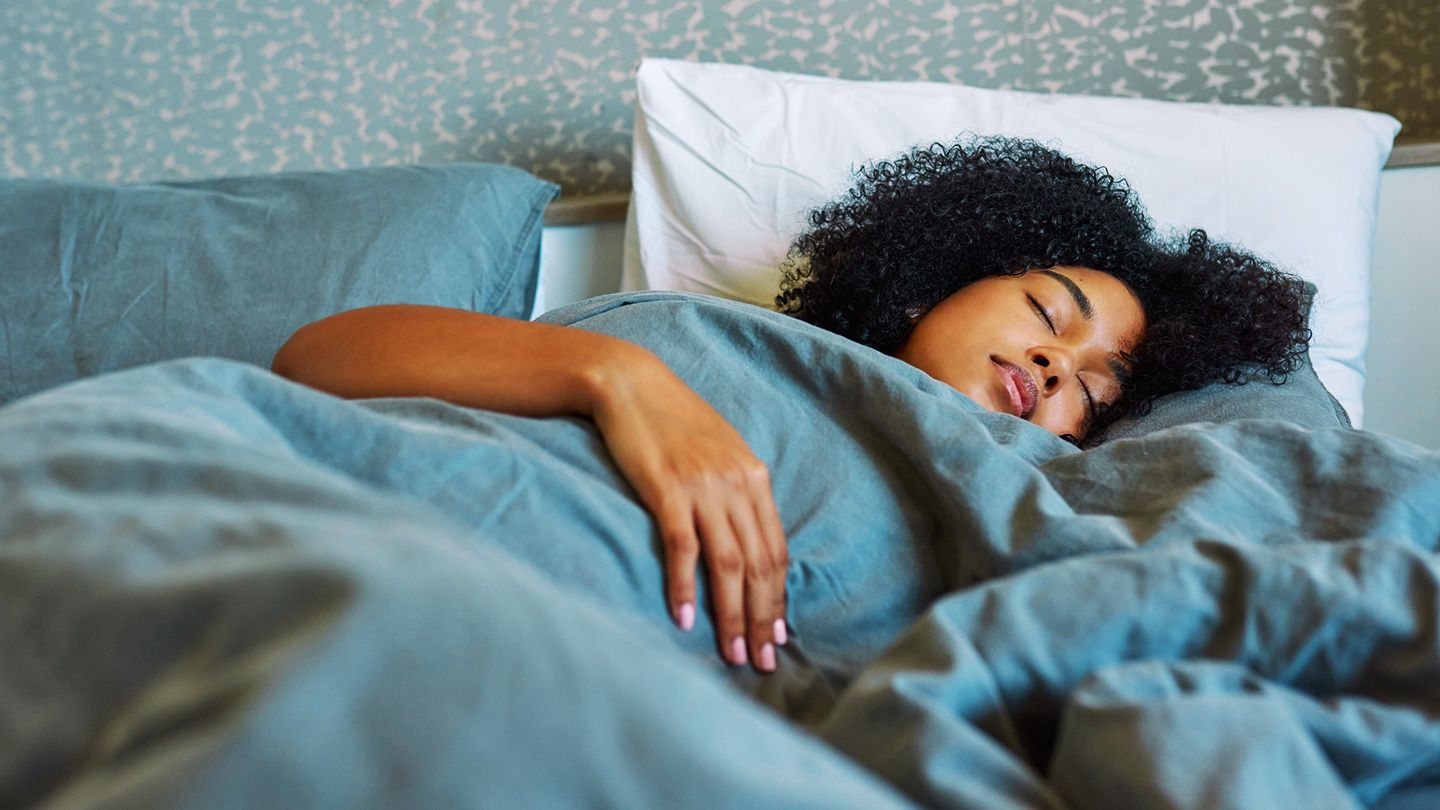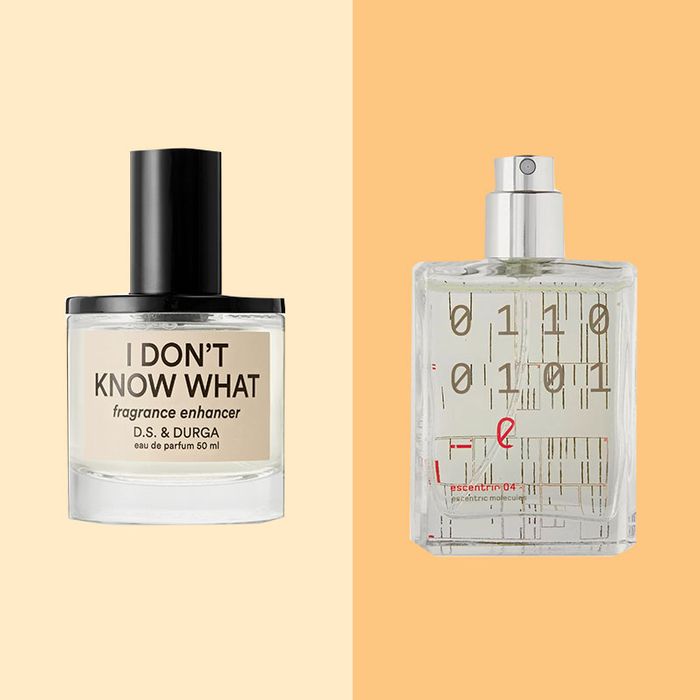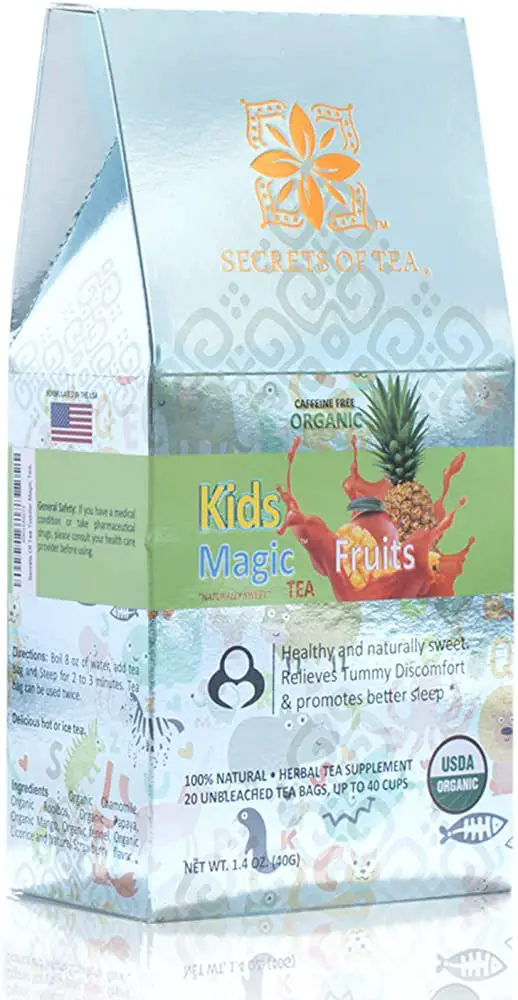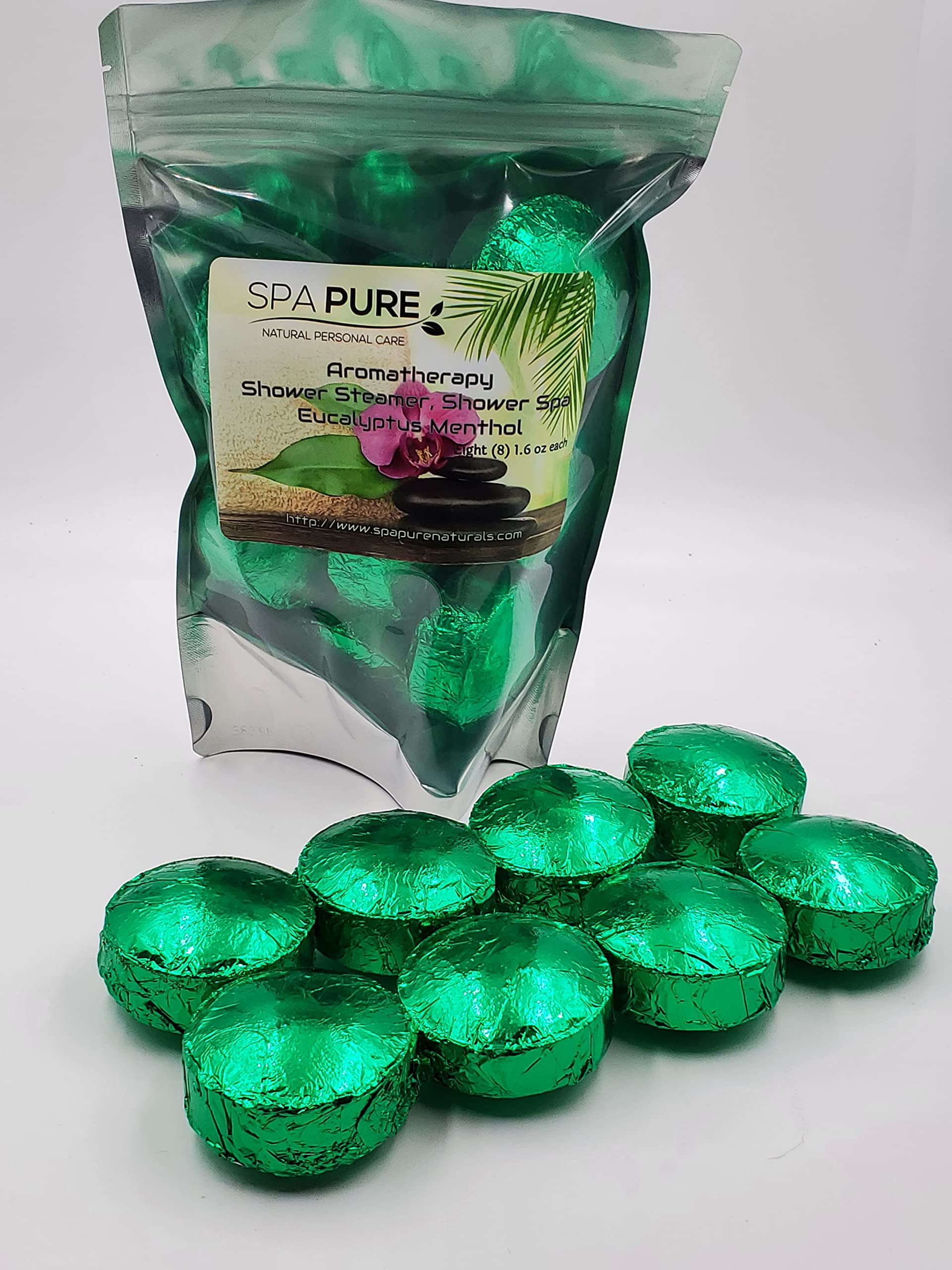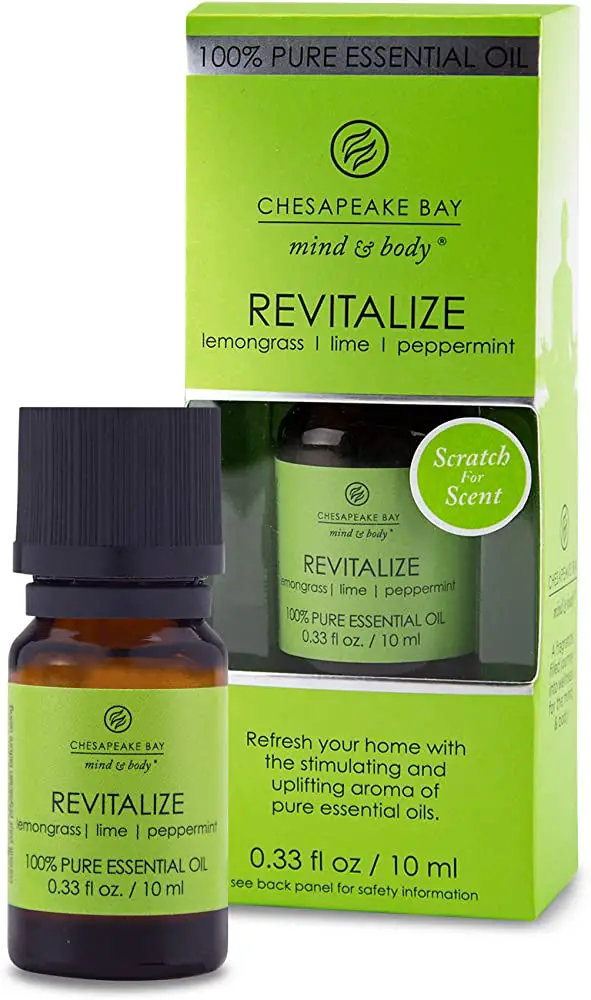The best scent for sleep is lavender or chamomile. These scents have been shown to promote relaxation and help people fall asleep faster and stay asleep longer.
A good night’s sleep is essential for maintaining our overall health and well-being. Without adequate sleep, we may experience a range of negative effects, including fatigue, irritability, and difficulty concentrating. Unfortunately, many people struggle to fall asleep or stay asleep through the night.
One way to promote better sleep is through the use of scents. Certain scents, like lavender and chamomile, have been shown to have a calming effect on the body and mind, reducing stress and promoting relaxation. In this article, we will explore the science behind why these scents are effective and offer tips for incorporating them into your bedtime routine.

Credit: goop.com
The Science Behind Aromatherapy For Sleep
Aromatherapy has been used for centuries to promote relaxation and improve sleep. It works by stimulating the olfactory system, which sends signals to the brain and triggers a release of hormones. These hormones can help reduce stress and anxiety, leading to a deeper sense of calm.
Some of the best scents for sleep include lavender, chamomile, and jasmine. In addition to promoting relaxation, aromatherapy can also improve the quality of sleep. The benefits of using aromatherapy for sleep improvement are numerous, and more people are turning to this natural remedy as a solution to their sleep problems.
By understanding how aromatherapy affects the body and brain, you can choose the best scent for your individual needs and enjoy a better night’s rest.
Essential Oils For Better Sleep
Essential oils are a natural therapy to improve the quality of your sleep. Lavender tops the list of ultimate sleep scents, thanks to its calming properties. Bergamot’s citrusy aroma is known to boost relaxation, making it a great choice for sleep.
Chamomile’s floral scent is known for its soothing and calming properties, making it ideal for a good night’s sleep. Ylang-ylang’s tropical fragrance gently sedates the mind and body, encouraging a peaceful sleep. Sandalwood’s woody warmth creates a calming ambiance, helping you to unwind.
Using these scents can help create a relaxing environment, enhance sleep quality, and reduce stress and anxiety levels. So next time you’re having trouble sleeping, try incorporating these essential oils into your bedtime routine for a restful night.
Diy Aromatherapy For Better Sleep
For those who struggle with sleep, diy aromatherapy can provide a natural solution. Creating a sleep-inducing room spray using essential oils such as lavender or chamomile can help create a relaxing atmosphere. Similarly, crafting a calming essential oil blend can be diffused into the air or applied topically to promote relaxation.
For a more immersive experience, making a relaxing bath soak with epsom salts or magnesium flakes can help soothe the body. Whichever method you choose, incorporating aromatherapy into your bedtime routine can lead to a more restful night’s sleep.
Alternative Aromatherapy Options For Better Sleep
Getting quality sleep is essential for our well-being. Aromatherapy is one natural approach that can assist in providing a better night’s rest. Aromatherapy candles have been shown to be effective in promoting relaxation and providing a calm environment for sleep.
Another way to infuse your sleeping environment with a relaxing aroma is through aromatherapy-infused bedding such as sheets and pillowcases. Aromatherapy diffusers are another option to fill your room with soothing scents to aid your sleeping. These diffusers primarily use essential oils which come in various blends for different sleep condition concerns, from restless sleep to insomnia.
Trying out these natural-based aromatherapy options is an effortless way to drift off to a good night’s sleep without relying on harsh chemicals.
Frequently Asked Questions Of Best Scent For Sleep
What Scent Is Best For Sleep?
Lavender is the most popular scent for sleep as it lowers heart rate, blood pressure, and stress levels. Other calming and relaxing scents for sleep include chamomile, vanilla, jasmine, and sandalwood.
How Does Scent Affect Sleep?
Scent can affect sleep by activating the olfactory system, which in turn regulates the body’s circadian rhythm. The scent of relaxing and calming scents like lavender can decrease heart rate and blood pressure, leading to a more peaceful and restful sleep.
What Is The Best Way To Use Scents For Sleep?
The best way to use scents for sleep is through aromatherapy. You can use essential oils, candles, diffusers, or sprays to fill your bedroom with calming scents. Just remember to use scents in moderation, as too much can be overwhelming and cause sleep disturbances.
Can Scents Improve Sleep Quality?
Yes, scents can improve sleep quality by relaxing the mind and body and promoting deeper and more restful sleep. The right scent can calm the mind, lower stress levels, and improve mood, all of which lead to better sleep quality.
Are There Any Scents To Avoid For Sleep?
Yes, there are some scents to avoid for sleep, such as citrus, peppermint, eucalyptus, and rosemary, as they are more energizing and can keep you awake. It’s best to stick with calming and relaxing scents like lavender, chamomile, and sandalwood for sleep.
Conclusion
To sum up, the best scent for sleep depends on personal preference and bedtime routine. Aromatherapy has been proven to have a positive impact on sleep quality and relaxation. Lavender, chamomile, and cedarwood are popular choices for their calming effects.
Essential oils can be used in diffusers, baths, or applied topically to the skin. While scents are not a cure for sleep disorders or insomnia, they can certainly aid in relaxation and promote better sleep. It is important to use high-quality essential oils and consult with a healthcare professional before using them.
Finding the perfect scent for a good-night’s sleep may take some experimentation, but the benefits of a peaceful and restful night are worth it. Sweet dreams to all!


